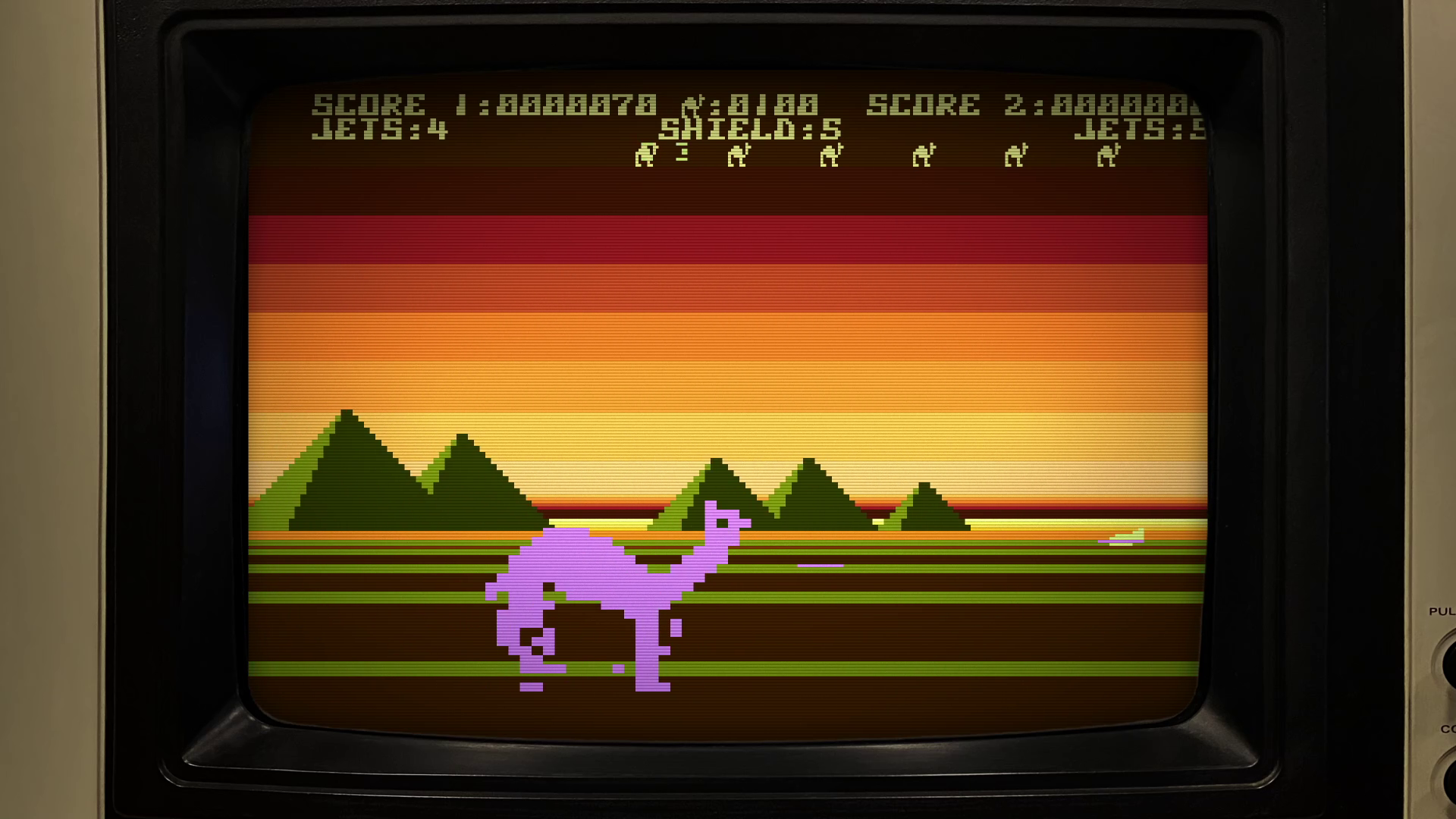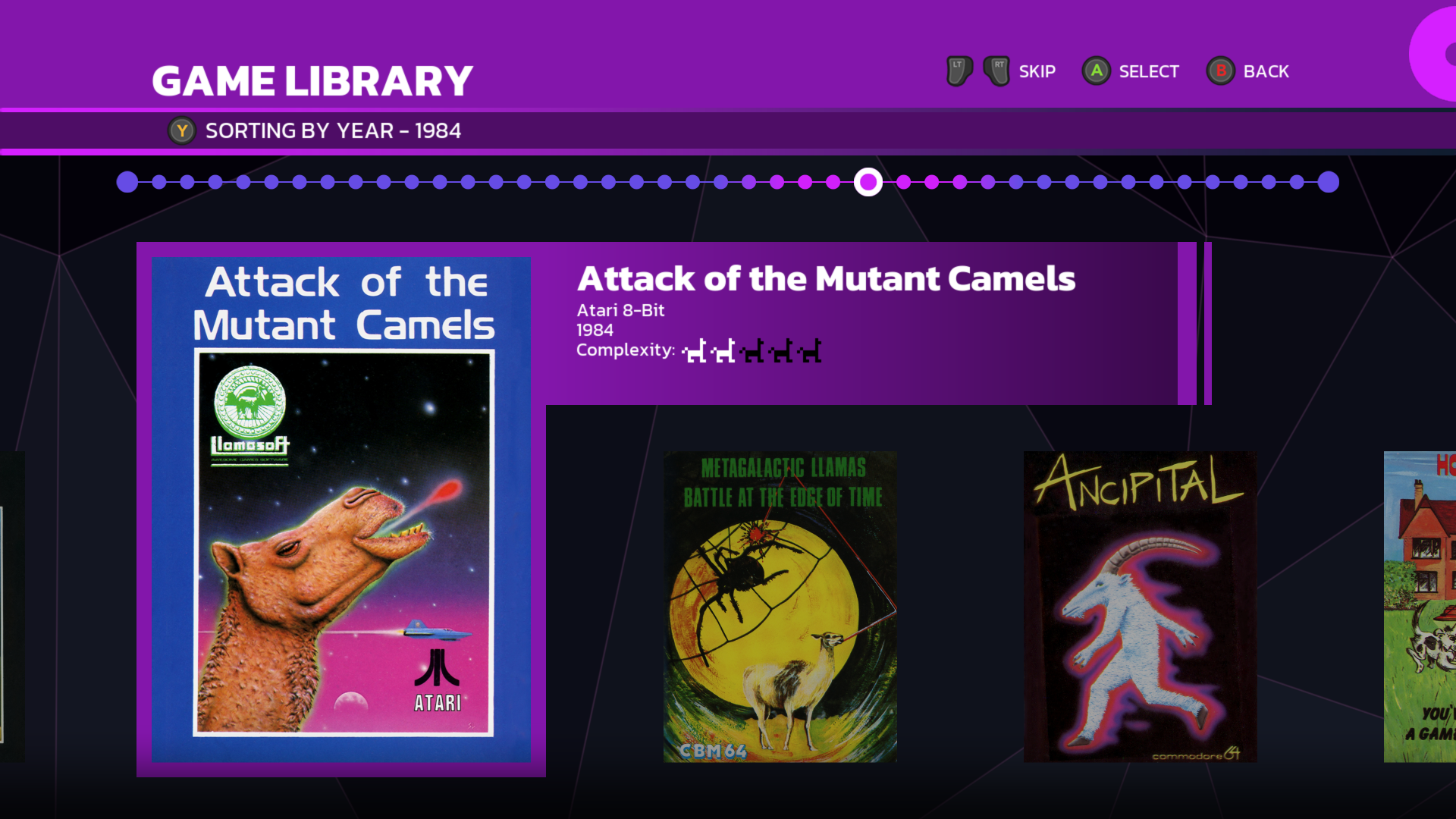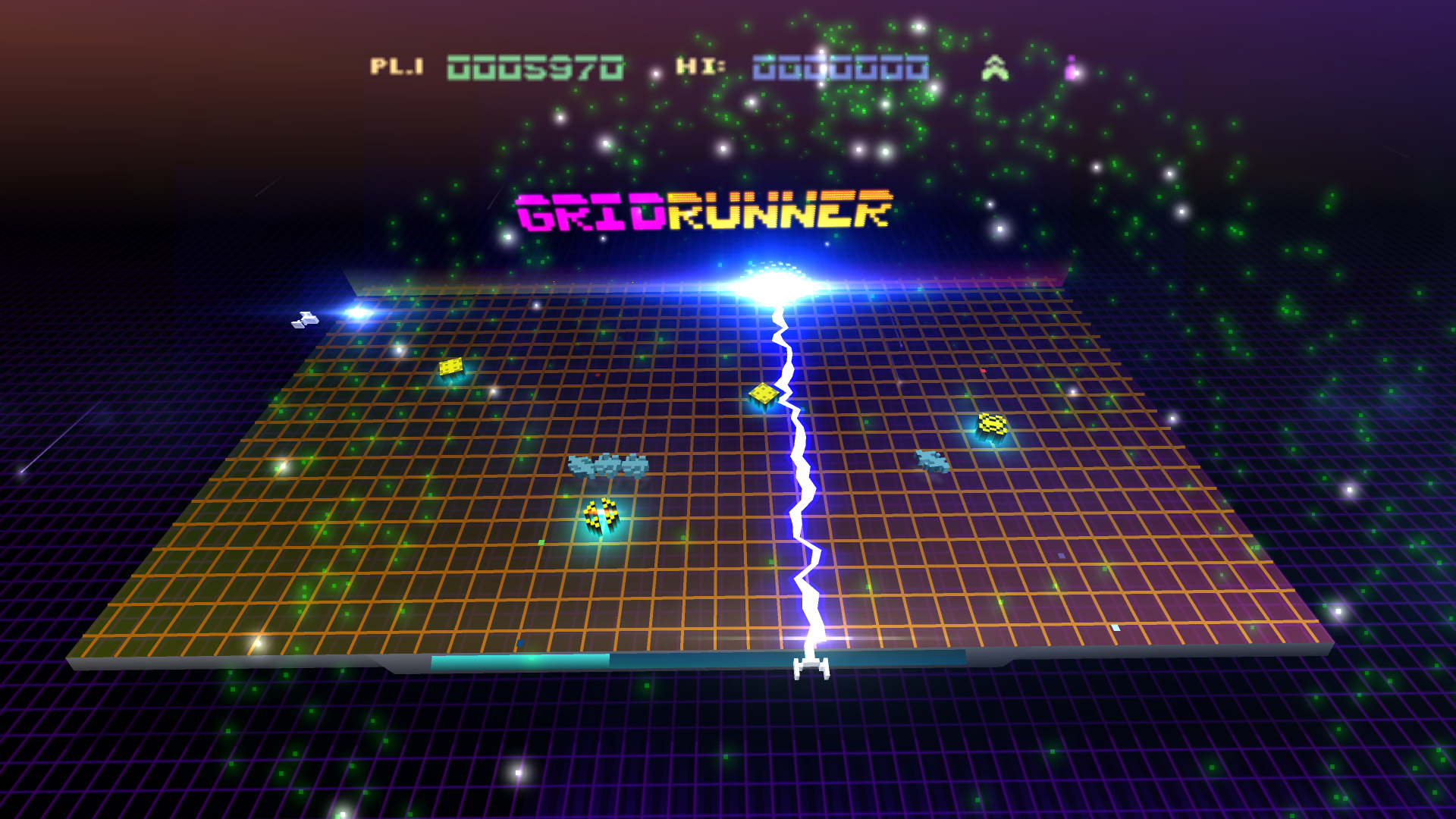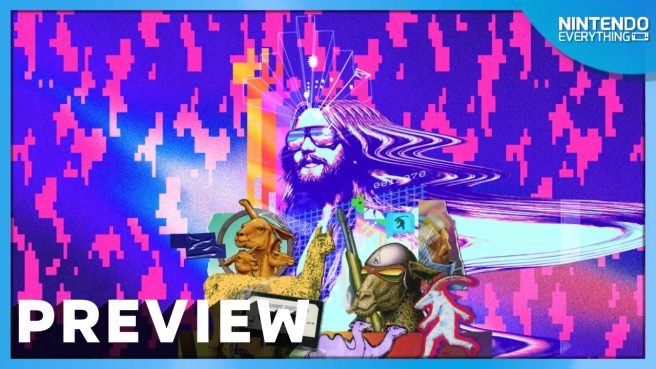[Preview] Llamasoft: The Jeff Minter Story
The historical preservation of video games has increasingly become a widespread concern in recent years, due in no small part to the closure of legacy digital storefronts, the frequent delisting of digital games and server shutdowns galore. But beyond that, there’s a real risk that decades of game history from the 20th century will eventually be lost or widely inaccessible – not every game is going to end up preserved via a retro-focused service like Nintendo Switch Online or Antstream Arcade. But developer Digital Eclipse – now a subsidiary of Atari – is experimenting with preservation in a unique way with its Gold Master Series. These interactive documentaries combine games, video clips, scans of game design documents and more into a package that’s not merely a compilation of old games, but also a historical archive of specific chunks of the industry’s history. Following this year’s The Making of Karateka, the studio’s next title focuses on game developer Jeff Minter and his studio Llamasoft, and it’s poised to be a fascinating memoir of a bygone era of game development.
How familiar you are with the works of Jeff Minter might well depend on how long you’ve been playing games. Perhaps best known for his work on Gridrunner (1982) and Tempest 2000 (1994), many of the games he created were arcade shoot-em-ups that were highly experimental for their time. As a young (?) 26-year-old, my practical experience with Llamasoft’s games starts and ends with TxK (2014), which was an attempt to adapt the tube-shooter gameplay of Tempest with modern style and controls. I still pick up my PlayStation Vita regularly to play the game, which unfortunately remains the only way to do so to this day. While, to my dismay, TxK isn’t a part of this particular package, a whopping 42 other games are, comprising a history that spans from the Sinclair ZX81 to the Atari Jaguar.

I demoed Llamasoft: The Jeff Minter Story and chatted with editorial director Chris Kohler during the recent Day of the Devs event in Los Angeles. Now, editorial director isn’t a particularly common job title to have in game development, but then again this title is less of a traditional game and more of an playable documentary. I asked Kohler why the studio decided to focus on this particular slice of video game history.
“Mike Mika, our studio head, has known Jeff for a really long time. Jeff actually kind of helped Mike get into the business,” he said. “We thought Jeff would be the perfect person… he’s such an important figure in the industry that maybe has not gotten a lot of the reputation that he really deserves for what it is he did.”

Many of Minter’s games lean a bit into the surreal, with llamas and other offbeat animals making heavy appearances in his work. With a catalog of games with titles like Sheep in Space, Attack of the Mutant Camels, and Metagalactic Lllamas Battle at the Edge of Time, Kohler said that part of the reason Minter was an ideal subject for this sort of historical compilation is because of how unique some of the games included are. Expect an off-kilter selection of games from consoles you’ve possibly never played – there’s even a title included from a cancelled game system called the Konix Multi-System.
Players can jump into any of the games freely, or they can progress through an interactive timeline that explores the chronology of Minter’s development career with a wide range of multimedia storytelling elements. “It’s almost like walking through a modern museum exhibit,” Kohler said. Players who choose the chronological route won’t immediately start their experience by playing a game, but first by watching what Kohler describes as an “introductory video featurette” that introduces who Jeff Minter is and sets the stage for the rest of the package.

Llamsoft: the Jeff Minter Story runs on Digital Eclipse’s in-house Eclipse Engine, and uses a mixture of custom-built and licensed emulators to recreate the experience of playing these games as faithfully as is technically possible. Each game also has a Complexity Rating associated with it – because of the age of some of the games in the package and how drastically game design conventions have changed over time, not every game will be a breezy pick-up-and-play experience. The team has located high quality manuals and scanned them in so that, for games that are more mechanically dense, players can replicate the experience of reading through the instructions if they want. That’s something that I really appreciate, and I wish was more common in the rerelease of older games – not even Nintendo bothers to include game manuals on Switch Online.
There are also optional quality of life features included for those who want them. One of the first games I dabbled with in the collection was 3D3D, which I suppose you could call a rudimentary first-person dungeon crawler (that was very innovative at the time of release). This game was originally released as a cassette tape image in the early 80’s, and as a result, is very difficult to emulate nowadays – Kohler says that a lot of work went into simply making it playable at all. For this rerelease, 3D3D runs ten times faster than it did on the original hardware, with more accessible controls that weren’t possible when that game originally was made. But if you prefer, its totally possible to run the game at its glacially slow original performance, in which the game engine tediously draws each and every frame of the game from the top row of pixels to the bottom. Is it fun to play that game that way? For me, absolutely not – but that’s not really the point.
“That’s a very important part of the preservation aspect,” Kohler said. “For all these games from these vintage British computer systems, just the ability to have them on PC and console, and being able to just press a button and jump in and play them is in and of itself just amazing.” And because each game is contextualized with in-depth history, it makes the exercise of playing something niche and obscure a much more rewarding experience. “We want to convey the fun and the excitement, and what is good about these classic games,” he said.

On top of all the older games in the package, there’s something of a new game in the package: Gridrunner Remastered, a modern version of Jeff Minter’s arcade classic, with beautiful visuals to boot. What’s particularly cool is that despite the new presentation, under the hood is the original Commodore 64 game code, and at the push of a button players can toggle between the original visuals and audio and the new versions. I find it very cool that the team went out of its way to give one of Minter’s more popular games a new lease on life in such an authentic way.
Kohler emphasized that Digital Eclipse’s approach to game preservation isn’t the end-all-be-all when it comes to keeping history alive – Kohler says there’s still huge value in the work done by groups like Video Game History Foundation and independent researchers. Still, after checking out Llamasoft: The Jeff Minter Story in person, I’m really starting to become a fan of this format, and I’m excited to have the opportunity to learn about a time in video game history that I otherwise might never have been exposed to. Llamasoft: The Jeff Minter Story will release on Switch and other platforms sometime in the future.
